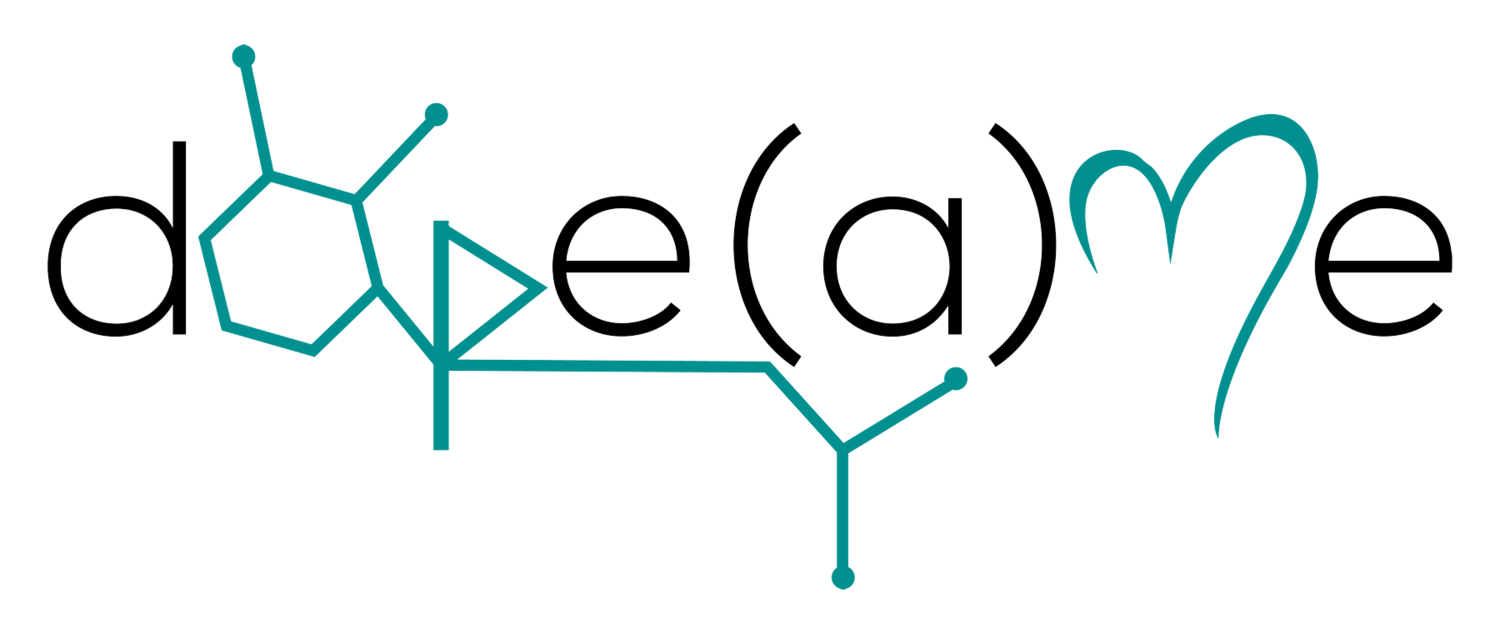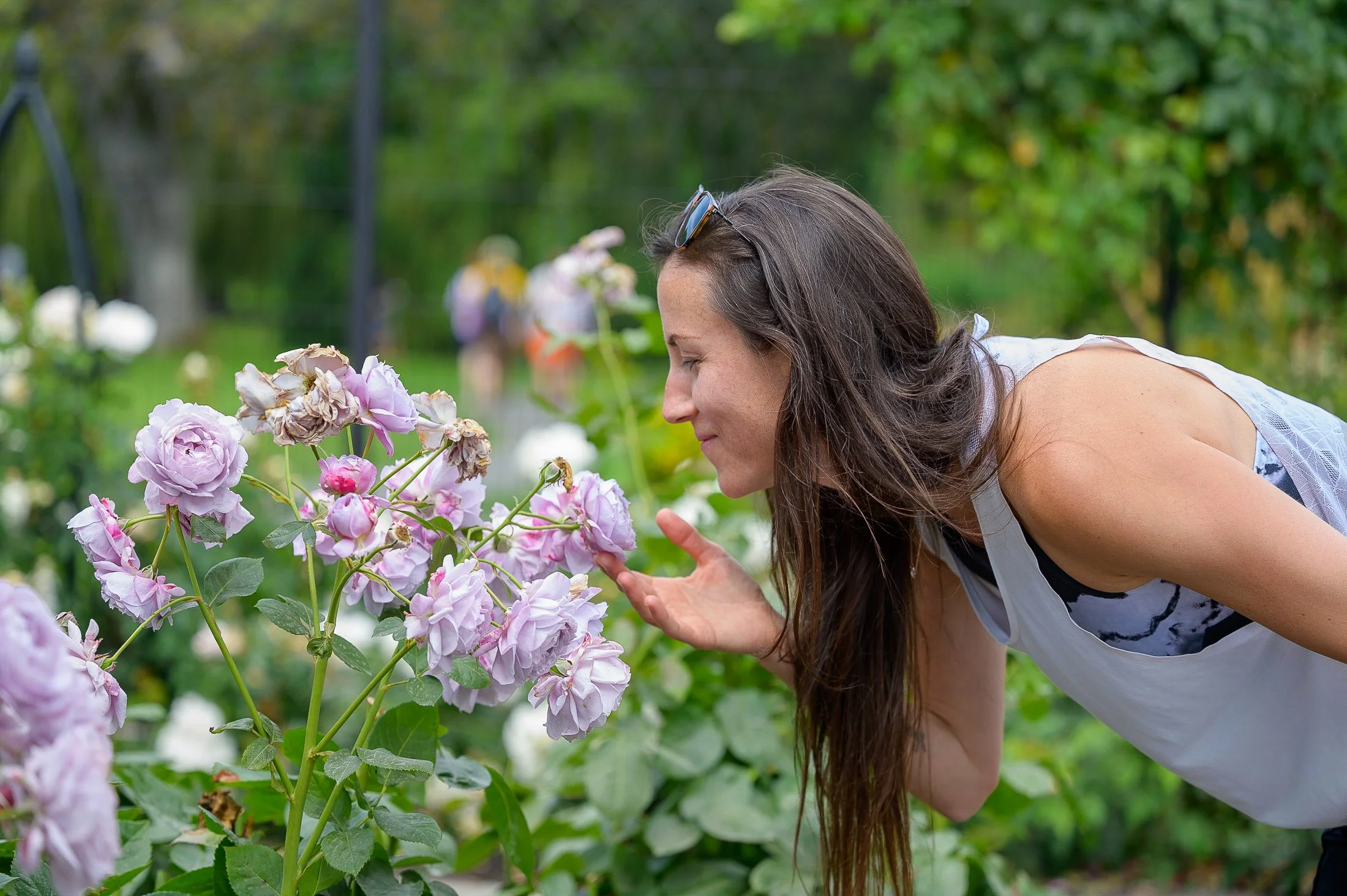This has been a big week.
I officially started my practicum on Monday, and I would describe the start as fairly overwhelming and chaotic. This is something I am familiar with at the beginning stage of any new project, and for that reason I was able to lean into it with trust that it won’t be like this forever. In fact, this is an important and necessary part of creation. As I opened myself to the gravitas of what my practicum was becoming, I soon realized two things:
This feels more like my life’s work than just a practicum. It was apparent that a vital aspect of these first few days was to distill down my scope to ensure I was focusing on a realistic goal for the next four months. And I believe I have narrowed that down to a place that feels exciting, realistic, uncomfortable and on purpose.
I was coming up against a familiar and impulsive reaction inside of me that says “more, more, more". I realized that while it is true that chaos and discomfort are to be expected and welcomed, what was also true was that I was approaching this project from the colonial mindset of “do more”, “more is better”, “compete!” and “prove your worth.”
And so, I slowed down. I have a lot to learn, and right now I have more questions than answers. While it is important that I have clear directives, measurable goals, and standards of practice that I uphold and adhere to, I also want (dare I say ‘need’) to lead by example in what this process truly looks like and feels like. I choose to believe (and for that reason I see proof of this everywhere) that….
What’s true on one level is true on all levels
Yet I also hold space for Niels Bohr’s insight that often the opposite of one profound truth is another profound truth
And, how you do one thing informs how you do everything.
How I engage in this process of research matters to me just as much as what I am researching. I am inspired by Shawn Wilson who writes in his book Research is Ceremony (2019) that our research serves the purpose of building a closer relationship with the idea or topic of our research. Or as Dr. Sima Barmania (2017) shares in the words of one of her mentors, “the research does not change anything; it’s the research that changes you”.
With that said, for the next four months I will be developing a facilitation framework and content for practitioners to engage in the work of deconstructing colonialism (i.e. the wounds, the beliefs, the protective mechanisms, etc.) as it resides in their body and psyche. The working title for this project (at this point) is….
A trauma-informed postcolonial approach to deconstructing colonialism from the inside out
One of my next steps is to create clear contextual definitions of the concepts in that title and what it means when they bridge together. Additionally, as I create this framework and content, I will move through the process myself as this is what will change me. I have a couple of parts in me that are still carrying some “isms” and biases that I am ready to explore, learn from, and update.
And so, as I embark on this practicum, I thought a good place to begin (other than what I have shared above) would be to share a little more context regarding how I got here. This will be a part of the blog series that I will create along the way. Rather than sharing a huge amount at once, and knowing that I will be adding and editing this story as my research unfolds, I will post a few paragraphs at a time that will be released weekly or bi-weekly.
Here is how it started…..
I have been facilitating breathwork, yoga, somatics and Internal Family Systems for several years. These are modalities that supported me in my own healing journey and continue to foster leaps and bounds of growth in my personal and professional arenas. In the last four years, as I stepped into medicinal journeys with psilocybin and other plant medicines, I began to recognize my increasing capacity for love and care, and a yearning to enhance my ability to step into more spaces as a practitioner.
As I contemplated going back to school, my first step led me to consider a master’s in psychology counseling. I consulted with a few psychologists about my current passions and direction, and heard over and over again that it was worth pursuing a master’s in clinical social work instead.
I was admitted into the MSW program at the University of Calgary which started in May 2023. The start of my MSW journey was wrought with discomfort and inspiration as I learned more about the impact of colonization historically and present day, and the decolonization movements within Indigenous and other equity deserving populations that are equally admirable and complex. I was overcome with a desire to play a role in this important work of dismantling our current system, and as bell hooks (1996) so wisely encourages, to do so with love at the foundation, both in the action that dismantles dichotomies woven within the colonial culture of domination, and as an anchor to hold onto as dismantling will temporarily cause a loss of what is currently the ground our systems rely upon. As a future clinical social worker who strives to bridge the micro and macro, to lead with love is a reminder to slow down, to peel away the layers of the incessant and internalized ideology of a culture founded in white supremacy (White supremacy culture, 2023). As well, to see the multitude of parts that are operating within every person’s system and seek to understand their fears and pains that are the protected beneath the fire of harmful words and actions (Schwartz & Sweezy, 2020). I found myself occasionally on my soap box pointing outward with suggestions and accusations regarding how others needed to change. My “new found clarity” was being projected onto others with an agenda to educate and convince.
My dad is someone that I deeply respect and was able to engage with during this growth phase of finding my feet within the social justice realm. He imparted some important wisdom that I have come back to often since our conversation in the summer. He said that anytime he senses an evangelical angle in a conversation, or the sense that someone is trying to convince him of something, his guard goes up. Aligned with what I have been taught with IFS, I realized that I had been doing a lot of pointing outwards and was reminded to U-turn that finger back in towards myself, and continually take responsibility for the change I desire from the inside out.
to be continued…..
References:
Barmania, S. (2017, June 5). “the research does not change anything; it’s the research that changes you”. Research in progress blog. https://blogs.biomedcentral.com/bmcblog/2017/06/05/the-research-does-not-change-anything-its-the-research-that-changes-you/
hooks, b. (1996). “Contemplation and Transformation.” In Dresser, M. (Ed.) (1996). Buddhist
women on the edge: Contemporary perspectives from the western frontiers, 287–92. Berkeley, CA: North Atlantic Books.
Schwartz, R. C., & Sweezy, M. (2020). Internal family systems therapy (2nd ed.). The Guilford Press.
White supremacy culture. (2023). What is white supremacy culture? https://www.whitesupremacyculture.info/what-is-it.html
Wilson, S. (2019). Research is ceremony: Indigenous research methods. Langara College.

